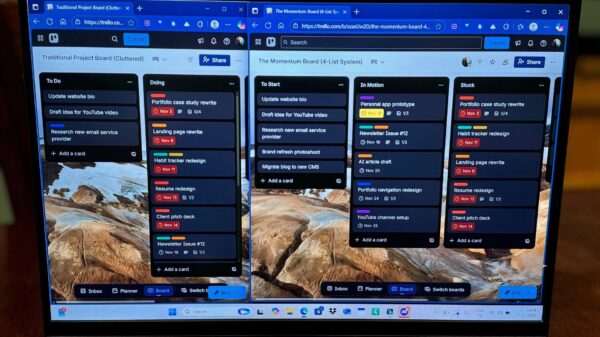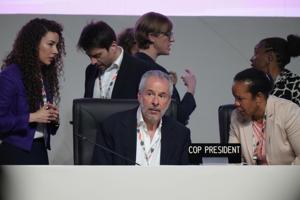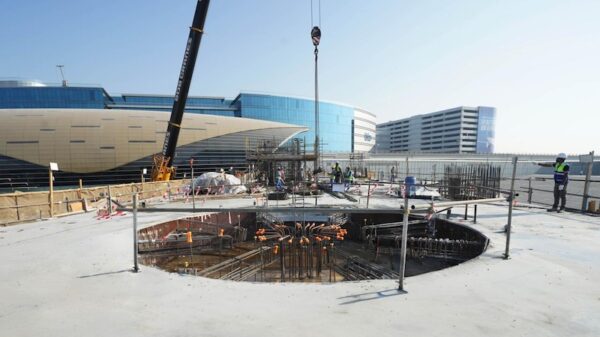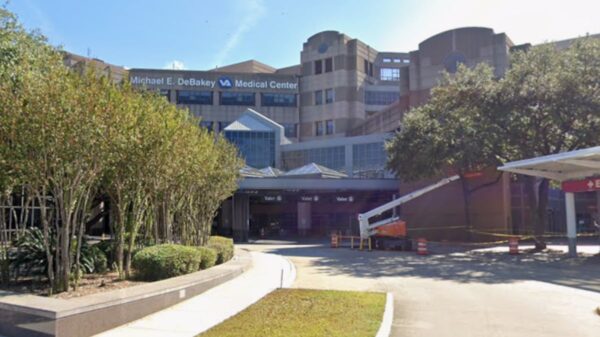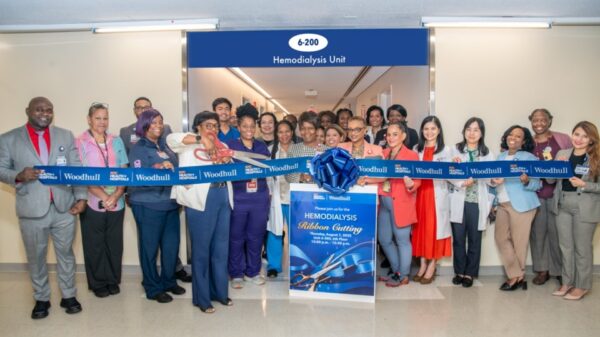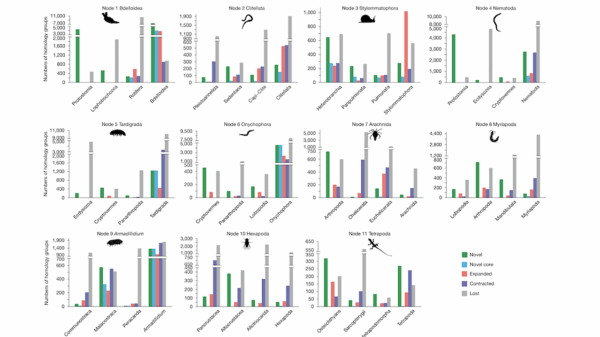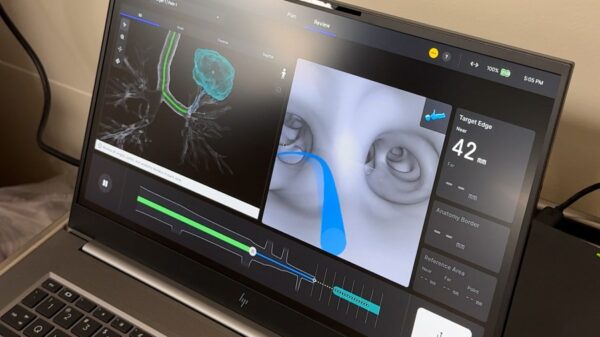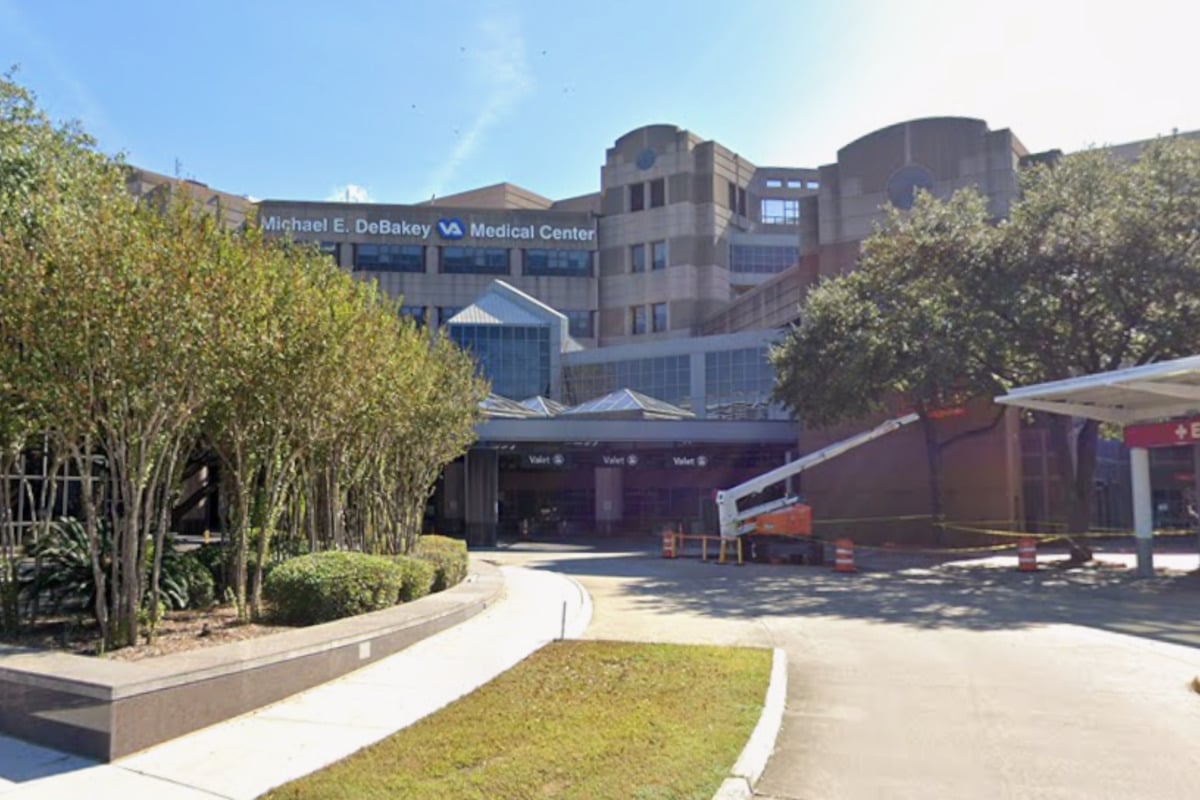Construction has begun on the Holcombe Lab at the Michael E. DeBakey VA Medical Center campus in Houston. This two-story facility will play a critical role in testing thousands of samples daily for emerging infectious diseases. Despite recent federal funding reductions for public health initiatives, Houston officials are moving forward with the project, which aims to enhance the city’s capacity to respond to health crises.
According to the Houston Business Journal, the lab was initially supported by a grant from the Centers for Disease Control and Prevention (CDC), which has since been terminated. Nonetheless, city officials have secured alternative funding to maintain progress. The facility is designed to process a significant volume of diagnostic specimens, which is expected to improve turnaround times for local public health partners.
Project Overview and Partnerships
At a groundbreaking ceremony held last week, city leaders emphasized that the Holcombe Lab represents a collaboration between the city, Amelang Partners, and the U.S. Department of Veterans Affairs. Located at 2250 Holcombe Blvd, the lab will occupy 13,756 square feet on the VA campus. The facility will address infectious threats such as avian influenza, measles, and mpox, while also monitoring foodborne illnesses and healthcare-associated infections.
Houston health officials have expressed confidence that the lab will alleviate testing bottlenecks and provide surge capacity during outbreaks. The facility is designed to handle a high volume of specimens, which could significantly enhance the efficiency of public health responses across the region. It is anticipated that Holcombe Lab will serve as a regional reference site, covering 17 counties in Texas Public Health Region 6/5 South and integrating into the CDC’s Laboratory Response Network.
Impact of Federal Funding Cuts
The momentum behind the Holcombe Lab comes in the wake of substantial federal funding cuts that have affected local health agencies. Earlier this year, the Houston Health Department lost approximately $42 million in federal grants, prompting a reevaluation of funding strategies. Public health leaders have noted that projects like the Holcombe Lab increasingly rely on diverse funding sources and partnerships as they await future federal support.
City officials argue that investing in the Holcombe Lab now is essential for building capacity, rather than waiting for federal funding to stabilize. As Houston navigates these financial challenges, the lab stands as a proactive measure to enhance the city’s public health infrastructure.
Financial Overview and Timeline
Local filings indicate that the total cost of the Holcombe Lab is projected at around $11.4 million, with construction slated for completion by summer 2026. The partnership is utilizing the VA’s Enhanced-Use Lease program to facilitate the project, which underscores the collaborative effort to bolster local health resources.
City officials have committed to providing further details regarding staffing, specimen routing, and the specific assays that will be conducted in the new facility as construction progresses. They view the Holcombe Lab as a necessary upgrade to Houston’s health response capabilities, particularly in the face of ongoing funding uncertainties.
As the project moves forward, the Holcombe Lab represents not only an investment in local public health but also a strategic response to the evolving landscape of infectious disease threats.



